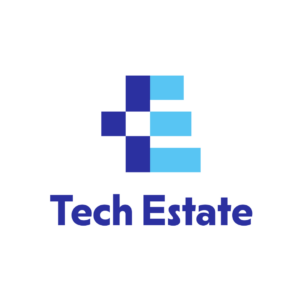
Source: Tech Gist Africa
Analyzing the regulatory environment for technology companies in different African countries requires a comprehensive understanding of the diverse legal frameworks, policies, and practices that govern the tech industry in each nation.
While it is challenging to provide an in-depth analysis of all African countries, here is a general overview of some key aspects and trends in selected countries.
- Kenya: Kenya has emerged as a leading hub for technology and innovation in Africa. The government has implemented various initiatives to support the growth of the tech sector, including tax incentives, the establishment of innovation hubs, and regulatory frameworks to facilitate digital entrepreneurship. The Communications Authority of Kenya oversees telecommunications and ICT services, ensuring fair competition and consumer protection.
- Nigeria: Nigeria has a thriving tech ecosystem, particularly in Lagos, known as “Africa’s Silicon Valley.” The Nigerian Communications Commission regulates the telecommunications sector, while the National Information Technology Development Agency (NITDA) focuses on IT development and cybersecurity. The government has implemented policies to promote local content, digital inclusion, and cybersecurity, although challenges such as inconsistent policies and limited infrastructure remain.
- South Africa: South Africa has a well-developed regulatory framework for technology companies. The Independent Communications Authority of South Africa (ICASA) regulates the telecommunications sector, while the Department of Communications and Digital Technologies formulates policies. The Protection of Personal Information Act (POPIA) and the Promotion of Access to Information Act (PAIA) address data protection and access to information, respectively.
- Rwanda: Rwanda has made significant strides in creating a conducive environment for technology companies. The Rwanda Utilities Regulatory Authority oversees telecommunications and ICT services, while the Rwanda Development Board promotes investment and innovation. The government has prioritized digital transformation and created initiatives like the Kigali Innovation City to foster tech-driven economic growth.
- Ghana: Ghana has seen notable growth in its technology sector. The National Communications Authority regulates telecommunications, and the National Information Technology Agency focuses on IT development and cybersecurity. Ghana has implemented policies to attract foreign investment, promote e-commerce, and enhance data protection. However, challenges related to cybersecurity, access to reliable infrastructure, and policy enforcement persist.
- Egypt: Egypt has a well-established regulatory framework for the tech industry. The National Telecommunication Regulatory Authority oversees the telecommunications sector, while the Information Technology Industry Development Agency promotes IT development and innovation. Egypt has implemented measures to attract foreign investment, including establishing technology parks and offering tax incentives.
It’s important to note that the regulatory environment in African countries can vary significantly, and this overview does not cover all aspects and nuances.
When operating in these countries, technology companies should conduct thorough research, seek legal counsel, and engage with local stakeholders to ensure compliance with regulations and navigate any challenges specific to each jurisdiction.
Source: Tech Gist Africa












